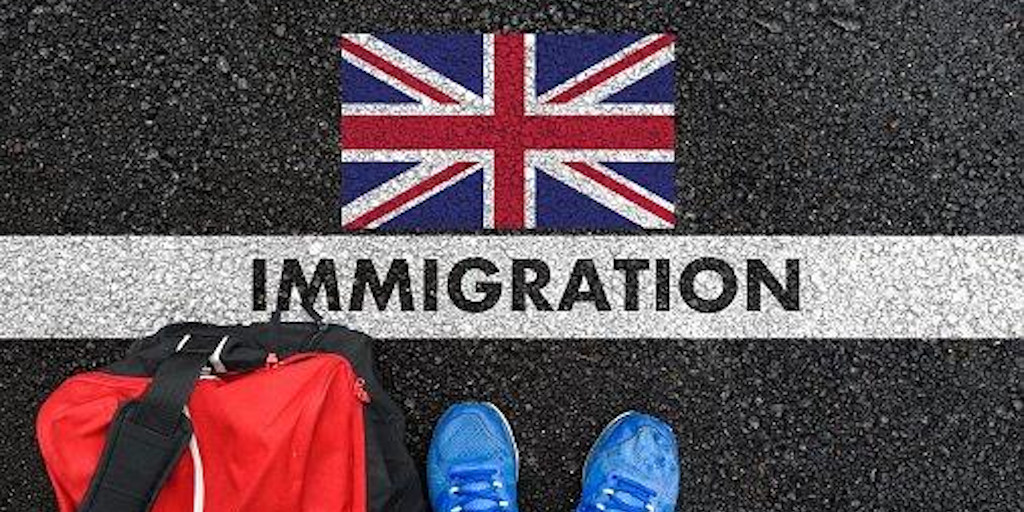When people talk about moving to the UK, many people want to apply for “permanent residence” at the start of their UK immigration journey. In most cases, this is not possible – an application for settlement or indefinite leave to enter/ remain usually requires a minimum residence period in the UK for 5 years in the same visa category.
It is therefore important to choose an appropriate visa category which allows you to do what you want to do in the UK, as well as eventually being able to apply for settlement (if that is an objective).
For instance, both the Skilled Worker and Intra-Company Transfer categories allow individuals to work in the UK; however, only individuals in the Skilled Worker route will be eligible to apply for settlement after 5 years if they meet all the requirements.
An important requirement is that employers continue to hold a valid sponsor licence. Organisations will be aware that a sponsor licence is valid for 4 years, and they will have diarised to renew its sponsor licence. Without a valid sponsor licence, the individual will not be eligible to apply for indefinite leave to remain, and may be unlawfully working for you. It is not just the responsibility for Skilled Worker migrants to keep a track of their absences, but sponsors also have a duty to keep a record. In reality, many employers and HR staff already keep a record in the personnel files of each member of staff. In addition, employers require to confirm in writing to the Home Office that the individual is still required for work for the foreseeable future, and will be paid the minimum salary.
Another vital requirement, not just in the Skilled Worker category but for most routes eligible for settlement is that individuals cannot have been absent from the UK for more than 180 days in ANY rolling 12 month period, over the minimum residence period. There are exceptions which might apply, and some visa categories even allow specific work-related absences to be discounted from the “180 day rule”.
Once an individual is settled, they may be eligible to apply to become a British citizen – but that is for another article post.
Is there any visa category where the minimum residence period is less than 5 years?
There are a number of visa categories that allow individuals to apply for settlement in less than 5 years if all the requirements are met, for instance:
| Visa category | Minimum residence period in the UK |
| Tier 1 (Investor) – £5 million investment | 3 years |
| Tier 1 (Investor) – £10 million investment | 2 years |
| Innovator | 3 years |
| Global Talent (depending on sub-category and endorsing body) | 3 years |
Is it possible to combine time spent in another visa category?
Depending on the individual’s current and previous visa categories, it may be possible to combine time spent continuously in the UK, to meet the relevant minimum residence period. For instance, if an individual has spent a continuous period of 5 years in the UK, with 3 years in the “Sole Rep” category, and subsequently 2 years in the Skilled Worker category, then the minimum 5 year residence period is met. However, the same minimum residence period is not met if combining 2 years on a Student visa and 3 years in the Skilled Worker category.
There is also the Long Residence rule which means individuals who have continuously and lawfully lived in the UK for 10 years, can combine all their different UK visas to become eligible to apply for settlement. Under the Long Residence rules, the Home Office currently state that absences from the UK cannot be more than 540 days; however in the recent Upper Tribunal case of Chang (paragraph 276A(a)(v); 18 months?) [2021] UKUT 65 (IAC) (it just rolls off the tongue!), the Upper Tribunal Judge ruled instead that absences cannot exceed 548 days!
Conclusion
The rules to become eligible to apply for settlement in the UK will be different for each individual, dependent on their own immigration circumstances. Employers/ sponsors should ensure that key dates are diarised and to ensure appropriate steps are taken, and good records are kept.
OTHER ITEMS TO NOTE
Besides summarising the various options and requirements for settling in the UK, other changes and immigration related news/cases you might want to take a note of include:
- the temporary adjusted right to work checks end on 16 May 2021 – full checks will therefore resume from 17 May 2021
- there is just over 2 months left until the EU Settlement Scheme deadline of 30 June 2021 – EU nationals who were resident in the UK before the end of December 2020 would be well advised to submit an application in good time. Employers who have recruited these staff should encourage them to apply! Continued employment of these individuals after this date will be unlawful (unless exceptions apply and/or the government extend the deadline)
- EU residence documents cannot be accepted after 30 June 2021 for immigration purposes – employers can therefore begin to insist on seeing proof of status under the EU Settlement Scheme from 1 July 2021
- Sponsor licence compliance audits have resumed
- from 4am on Friday 23 April 2021, India will be on the UK’s “Red List” – individuals can still travel to and enter the UK if they hold an appropriate UK visa
First published: 21 April 2021
Further information
If you have any questions and/or would like tailored advice on any UK immigration matter, please speak to us at: hello@dixcartuk.com or to your usual Dixcart contact.




